You're One Step Away From Accessing This Valuable Resource...
The content you’re trying to access—whether it’s a premium download, in-depth case study, or expert training—is reserved for our Business Disruptors community.
Why the extra step?
We provide valuable resources and insights designed to help businesses like yours grow, innovate, and lead in today’s fast-paced world.
To keep these resources exclusive and impactful, we offer them to registered members only.
Good news? Joining is quick and free!
As a FREE 'Disruptor Access' member, you’ll get:
* Note:
Many resources in our library are available to Disruptor Access members, while others are reserved exclusively for our Disruptors Pro members.
Once you’ve joined as a member, you’ll be able to access all free content immediately—and you can explore upgrading to the Pro membership anytime you’re ready for more advanced strategies.
Complete the form below to get FREE immediate access:
Already a member and looking for more advanced strategies?
Consider exploring our Business Disruptors Club for premium content and in-depth training.

“In a world that’s changing really quickly, the only strategy that is guaranteed to fail is not taking risks.”
Mark Zuckerberg

“Business Disruptors Club — For those who don’t follow the rules. They rewrite them.”